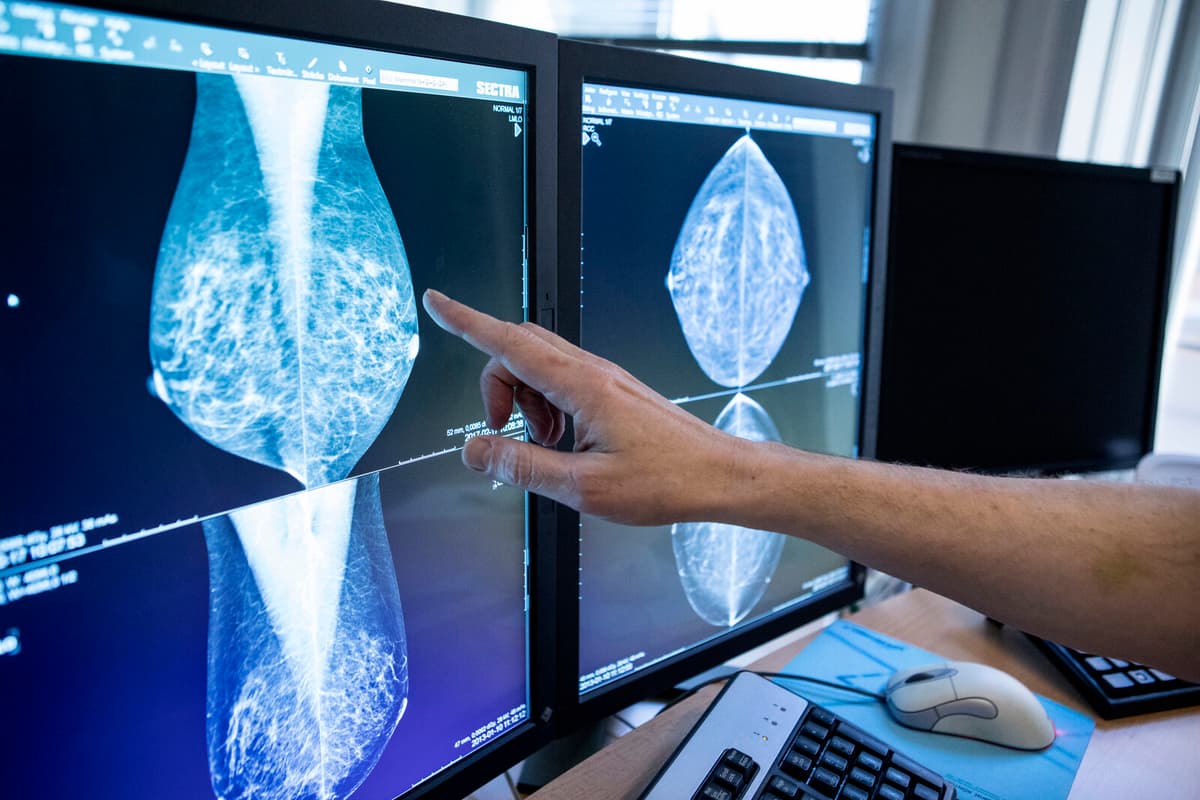Swedish researchers have previously shown that when AI is used as an aid, more cases of cancer are detected. In a new study, they conclude that it also contributes to early detection of cancer – without more women being called in for unnecessary follow-ups.
Now we find that, in addition to detecting more cancers, we also detect aggressive cases and detect them early. This means that women can receive less extensive treatment with fewer side effects, says Kristina Lång, researcher and associate professor in diagnostic radiology at Lund University and chief physician at Unilabs mammography unit in Malmö.
One million screenings
Every year, approximately one million women are called in for mammography screenings in Sweden. All X-ray images are currently reviewed by two breast radiologists – a profession with a severe shortage.
We saw that the workload decreased by 44 percent for radiologists when they used AI as an aid, says Kristina Lång.
The study, published in Lancet Digital Health, is based on results from nearly 106,000 women who were screened for breast cancer. Half of them were randomly assigned to traditional mammography screening, the other half received AI-assisted screening.
False positives
In screening programs, there is always a concern that unnecessary investigations will be initiated, a so-called false positive result.
Then the woman is recalled for further examinations, but it ultimately turns out not to be cancer, something that can cause great anxiety. But there were very few who received these false alarms in the AI-assisted group compared to the control group, says Kristina Lång.
Now the researchers will conduct health economic analyses to see if saved working hours, as well as reduced treatment costs, can make AI economically profitable.
The researchers' hope is that AI support will now be introduced as standard in screening in Region Skåne. Similar AI support is also being introduced in the regions of Värmland, Halland, Jämtland, Västernorrland, and Västerbotten.
The study is based on results from nearly 106,000 women who were screened for breast cancer. Half of them were randomly assigned to traditional mammography screening, the other half received AI-assisted screening.
The screening with AI support not only detected more cancers overall (in 338 people compared to 262) but also 24 percent more invasive cancers – when the cancer has spread to nearby tissue – at an early stage (in 270 people compared to 217).
Source: Lund University






